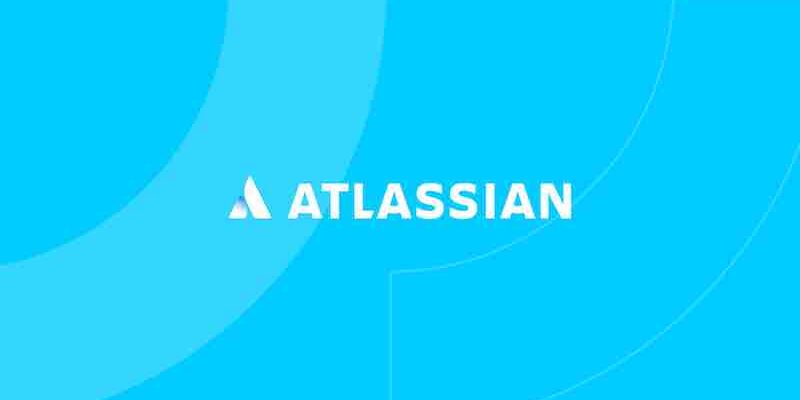Managing a remote team can be challenging, as it requires a different approach than working with a team in a traditional office setting. Effective remote team management involves various skills and strategies, including building trust, maintaining engagement, and leading effectively. We will discuss critical management skills and techniques to lead […]
Devamını Oku
Agile software development methodology emphasizes collaboration, flexibility, and rapid iteration. Several frameworks and practices within Agile include Scrum, Kanban, and Lean. Critical Practices and Frameworks of Agile Setting Up and Running Agile Teams Organizations must establish roles and responsibilities and measure progress to set up and run Agile teams. Here […]
Devamını Oku
Remote work has become increasingly popular in recent years, and communication and collaboration are critical components of a successful remote team. Effective communication and collaboration can help remote team members stay connected and productive and achieve their goals. We are discussing best practices for communicating and collaborating in a remote […]
Devamını Oku
Lean Agile is a development methodology combining Lean Manufacturing and Agile Development principles. Lean Agile eliminates waste and improves software development efficiency by delivering value to the customer and continuously refining processes. The origins of Lean-Agile stem from the principles of Lean Manufacturing, which was designed to improve profits by […]
Devamını Oku
Use these trust-building activities designed for remote teams to boost psychological safety and improve relationships on your team. Building trust between remote and globally distributed teams is critical for organizational success but has become increasingly difficult in the era of remote work. Managers and team leaders are turning to virtual […]
Devamını Oku
The scrum team will come together to decide the #sprintgoal and which items from the backlog will be included in the sprint backlog. It’s an event that helps the team determine what needs doing, why it needs doing, and how specifically they will complete the work. While the backlog items […]
Devamını Oku
Team goals can be motivational, provide insight into how your processes perform, foster collaboration and innovation, and ensure that everyone’s work matters in the big picture. Companies’ complex challenges in an uncertain, fast-changing world have taught them that teamwork is the best way to succeed. However, teamwork alone isn’t enough. […]
Devamını Oku
In agile development, game theory can be used to analyze the strategic decision-making of the stakeholders involved in a project, such as the development team, the product owner, and the management. One example of a game-theoretic model for agile development is the “agile game,” where the product owner, the development […]
Devamını Oku
Technical debt in agile development refers to the cost of maintaining and enhancing the software developed quickly or with insufficient attention to quality. Various factors, such as a lack of proper design, poor testing, or a lack of code refactoring, can cause it. As new features are added, technical debt […]
Devamını Oku
Tasks in agile development are small, specific pieces of work required to complete a user story or deliver a particular feature. They are usually detailed and technical and often involve a specific action or procedure that needs to be performed. One person usually completes tasks in the team within a […]
Devamını Oku









